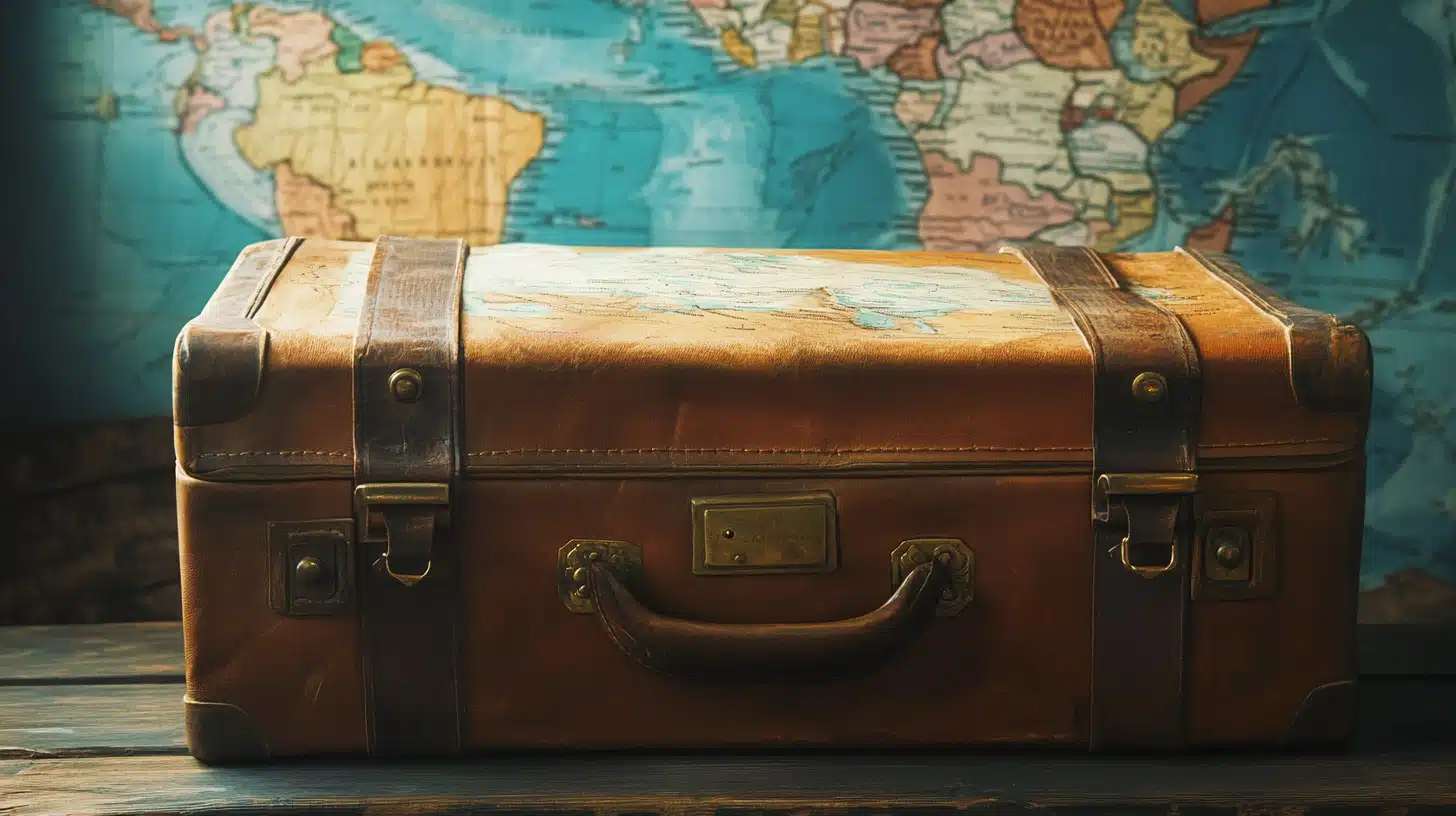The Influence of Travel on Literary Movements Past and Present
Writers have always followed the road as if it held answers. From dusty trade routes to steam-powered railways journeys often shaped what authors saw and how they wrote. Travel was not simply movement—it was a shift in perception.
During the Romantic era poets like Lord Byron roamed the Mediterranean chasing the sublime in nature and foreign lands. His letters read like travel diaries but the rhythm of waves and foreign landscapes also made their way into his poetry.
Centuries later the reach of written travel expanded in new ways. Today from academic works to fiction Z-library just like Library Genesis or Project Gutenberg provides unlimited reach offering writers and readers a passport to literature that knows no borders. This shift changes who tells stories and how far they can go. Mobility no longer depends on ships or trains but ideas still hitch a ride.
Literary Cross-Pollination
Travel does not just inspire blends. When writers leave home they carry more than luggage. They take culture memory expectation. Once they arrive somewhere new they often return with a different pen. Take James Baldwin who left Harlem for Paris. His voice remained deeply American but France gave him space to explore identity without constraint. His essays and novels reflect this dual existence split across continents.
This kind of cross-pollination can be seen across literary movements. The Beat Generation roamed across Mexico, Tangier and India leaving behind the clean lines of postwar conformity for something raw and restless. Kerouac’s “On the Road” is both a literal and symbolic journey. The road is not just a setting it is a character with a heartbeat. These writers were not just moving they were transforming and being transformed.
Travel breaks the echo chamber. It allows authors to see familiar things with a foreign eye and foreign things with curiosity not judgment. That shift can turn personal stories into global narratives.
Moments When Movement Shaped the Page
Some travel moments leave footprints not just in sand but in story. These shifts have nudged literature in new directions often at just the right time:
The Grand Tour’s Literary Harvest
In the 18th and 19th centuries well-off European writers often embarked on the Grand Tour a rite of passage through France Italy and Greece. It was more than sightseeing. These journeys gave rise to travel memoirs and artistic reflection. Mary Shelley found the spark for “Frankenstein” in Geneva while surrounded by fellow travellers and thunderstorms. The journey became a literary catalyst turning personal experience into gothic brilliance.
Exile and Displacement as Creative Fuel
For many authors travel is not chosen. Political upheaval forces them to move. When Milan Kundera left Czechoslovakia or when Chinua Achebe moved between Nigeria and the West their works began to bridge worlds. The tension between home and host the push and pull of memory and survival created stories that sit on the edge of two realities. These voices remind readers that movement can carry pain but also truth.
Postcolonial Routes and Rewrites
Postcolonial literature often rises from travel that followed empire. Writers from former colonies moved to former centres of power and told stories that flipped old maps. Salman Rushdie’s characters travel between London and Bombay bending time and geography. These books redraw the lines not just of nation but of narrative. They question who gets to speak and from where.
These shifts in location carry through themes style and structure. After all a new setting might ask for a new kind of sentence.
The Map Keeps Expanding
Today travel looks different. Planes trains and translations bring distant voices closer. A poet in Lagos can publish alongside a novelist in Prague. Literary movements no longer rise in one city and spread outward. They bloom in clusters or ripple in waves.
Writers now travel not just through space but through language. Global conversations blur the lines between forms and genres. A sci-fi tale from Seoul may borrow from Western mythology just as a London novel may carry the rhythm of Caribbean speech. This blending changes not just how stories sound but what they mean.
Travel is no longer always physical but the movement remains. Curiosity still drives the pen across unexpected pages. Some roads are paved with memory some with imagination but the journey continues. And so literature keeps shifting its shape following footprints across borders both real and imagined.








